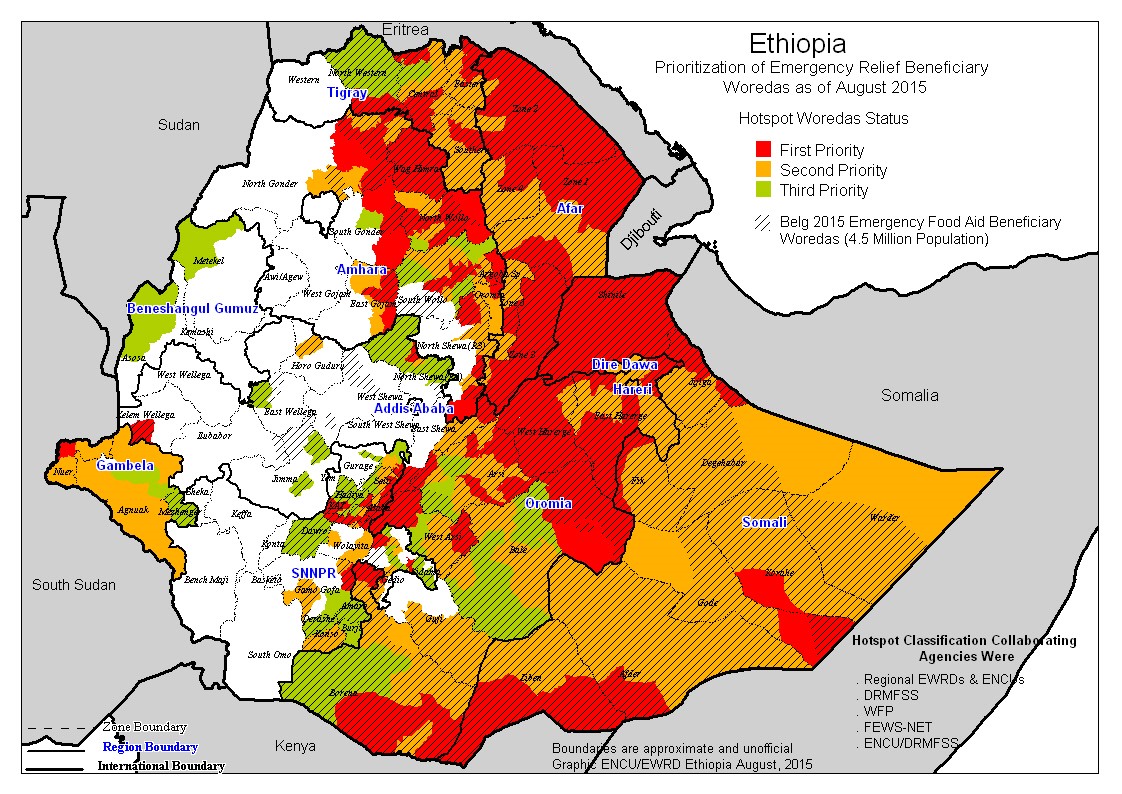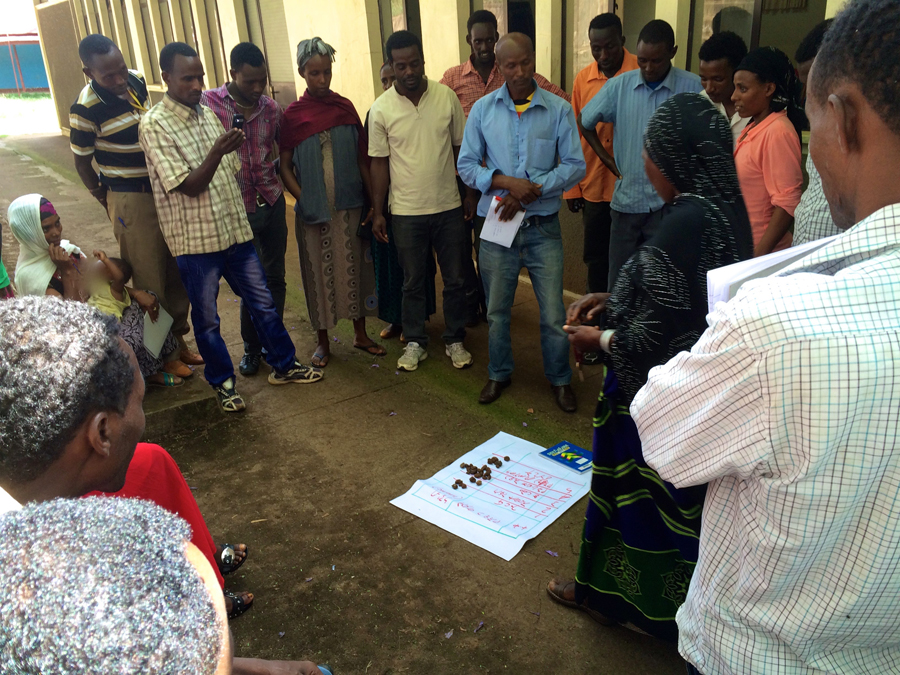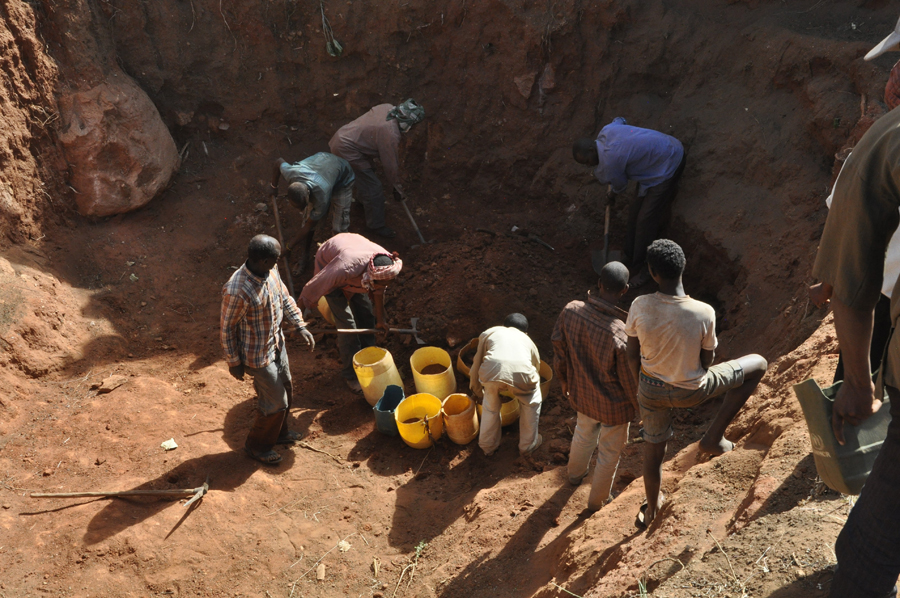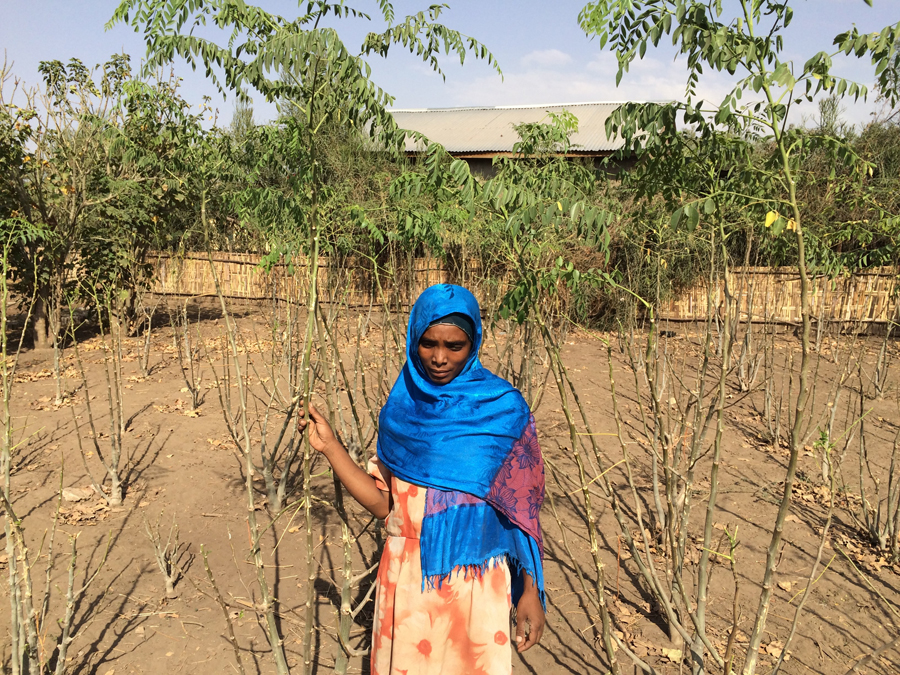Ethiopia: giving people a fighting chance
If you’re potentially heading for a disaster, it is good to work with others on a plan to respond. BMS World Mission is helping drought prone communities in Ethiopia do just that

Despite its ancient churches, vibrant music and stunning scenery, for most of us when we think of Ethiopia, one word comes to mind: famine.
For many of us, the images of a nation suffering severe drought in 1984, remain etched on our memories. Right now Ethiopia is undergoing a further environmental challenge, the worst in a generation, but BMS is enabling people to reduce the impact of this natural disaster on their communities.
The main rainy season in Ethiopia failed in 2015, largely due to the impact of the regular warming of the global sea temperature known as El Niño. Humanitarian needs have more than tripled in the last year. Over eight million people in 429 districts are affected by the drought conditions and have been identified by the Government of Ethiopia as needing “intervention”.

BMS is helping people in seven of these vulnerable districts respond to the famine and become more resilient. We are doing this by training community groups (known as Sustainable Living Teams or SLTs) on how to prevent and reduce the damage of natural hazards like droughts. They are being equipped to grow profitable resource-saving crops that will not have a detrimental impact on the environment. This knowledge will not only give them a fighting chance of survival during droughts, but will also build up their skills.

Mamay, a young mother, has blossomed from taking part in the disaster risk reduction training at her SLT. It has inspired her to plant a moringa garden, near the well in her village. Moringa is a drought tolerant tree that is endemic to Ethiopia – its leaves can be used fresh, cooked like spinach or ground into powder for use later. Mamay has been using the moringas she has grown as a nutritional additive to her family’s daily meal plan. What she doesn’t use, she is selling to community members as an income generating project. Mamay has also established a coffee nursery: she grows peppers for the spice trade and has plans to use compost and cover crops in her garden, ideas that she learned from the disaster risk reduction training. She is now an ambassador, taking the training to other SLTs in her region.
BMS is working with partners in the Baptist Relief and Development Network (BReaD) on this project. BReaD Network Facilitator at BMS Rachel Conway is pleased with the way some of Ethiopia’s poorest communities are learning and thriving from this training so far.

“In BMS’ strategy we have committed to building resilience in areas most at risk,” says Rachel. “Supporting the ongoing work in Ethiopia is helping people in the face of the effects of the worst drought in years, through learning to use the land in the most sustainable way, whilst reaping good quality crops.
“At a time when the land is suffering and the people are suffering, the training that BMS is supporting is enabling people to experience and share this hope for the now and the future, as those involved discover the potential of the land they have,” she says.
Donate now so BMS can help more vulnerable people reduce the impact of disasters on their communities.
Photos by David Harding
This article first appeared on the website of BMS World Mission and is used with permission.
BMS World Mission, 15/07/2016